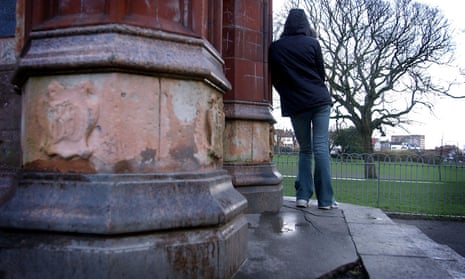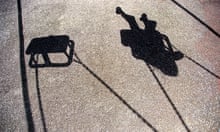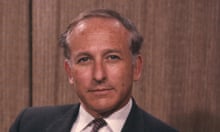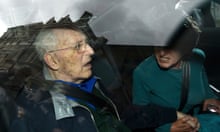Managing the seven-year inquiry into child sexual abuse to a set of conclusions will itself be seen as a triumph for Prof Alexis Jay. Its findings, however, have not gone far enough for many victims.
Lady Jay took over in November 2016 amid concerns the inquiry would have to be abandoned. She joined after three high-profile resignations of previous chairs over a three-year period.
Elizabeth Butler-Sloss had withdrawn from the post because her brother served as attorney general in the 1980s, when reports of child abuse were allegedly not examined properly.
Dame Fiona Woolf left months later after it emerged that she was a friend and neighbour of the former home secretary Leon Brittan, whose role in dealing with allegations of child abuse in the 1980s was up for scrutiny. It later emerged that Brittan had been falsely accused of ritual sexual abuse by a fantasist who was temporarily believed by the Met police.
Dame Lowell Goddard, a New Zealand-based judge, resigned from the independent inquiry into child sexual abuse (IICSA) in England and Wales in August 2016, saying there was a “legacy of failure” that was difficult to shake off.
Soon after Jay took over, Ben Emmerson KC, the lead counsel to the inquiry, and his deputy, Elizabeth Prochaska, barristers at Matrix Chambers, stood down, which left many of those engaged with the inquiry demoralised and anxious.
Despite the tumult surrounding the inquiry itself, the conclusions have been broadly welcomed.
Some representatives of victims have questioned whether the headline finding – a call for a new criminal offence for people working in positions of trust who fail to report claims of abuse – can be justified.
The inquiry’s costs of £186m have also been called into question by some of those involved. One participant said: “The idea of mandatory reporting was an idea that had been around for many years. We did not need an inquiry to come up with that conclusion.”
Lawyers representing victims have complained that the mandatory reporting recommendation contains “loopholes”. Police and social workers will not be required to act if they receive a report from a third party, such as a neighbour, while there is an exception if a child aged between 13 and 16 is deemed to be in a “consensual relationship” and the older party is not in a position of trust.
Richard Scorer, the head of abuse law at Slater and Gordon, which represented more than 120 victims at the inquiry, said there should also be a criminal penalty for failure to report abuse that is reasonably suspected, otherwise organisations will continue to turn a blind eye.
after newsletter promotion
“Children rarely disclose abuse, perpetrators almost never do,” he said. “Mandatory reporting can only work if the requirement to report suspicions has consequences, such as a criminal sanction. The inquiry’s proposal falls short of what survivors seek.”
The inquiry has been criticised for focusing too much on past events, but the report said online abuse had increased in recent years and there were many lessons for modern organisations to learn.
“Child protection must be given a much greater priority in public life,” it concluded.
The shadow home secretary, Yvette Cooper, called the findings “harrowing” and urged the government to act immediately to prevent known abuse cases being disguised or covered up by powerful institutions.
The government said it would respond in full to the inquiry’s report within six months.









